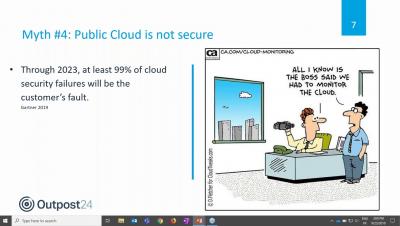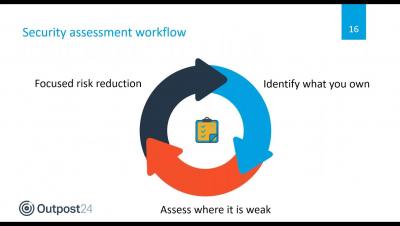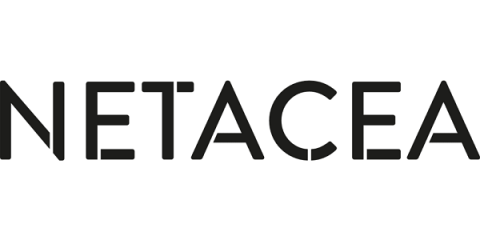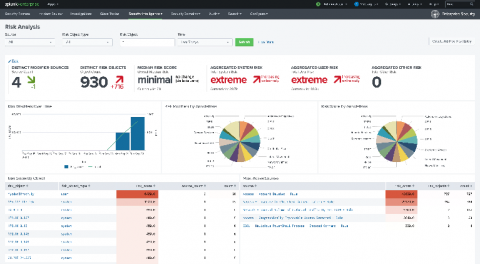Security | Threat Detection | Cyberattacks | DevSecOps | Compliance
%term
Outpost24 webinar: Busting the myths of cloud security
Outpost24 webinar: reinventing application security testing with Omnicom
Healthcare Orgs: What You Need to Know About TrickBot and Ryuk
In late October, the Cybersecurity and Infrastructure Security Agency (CISA), the Federal Bureau of Investigation (FBI), and the Department of Health and Human Services (HHS) co-authored an advisory report on the latest tactics used by cybercriminals to target the Healthcare and Public Health (HPH) sector. In the report, CISA, FBI, and HHS noted the discovery of, “…credible information of an increased and imminent cybercrime threat to U.S.
Egregor Ransomware Attack Hijacks Printers to Spit Out Ransom Notes
So, you’re a ransomware gang and you want to ensure that you have caught the attention of your latest corporate victim. You could simply drop your ransom note onto the desktop of infected computers, informing the firm that their files have been encrypted. Too dull? You could lock infected PCs and display a ghoulish skull on a bright red background (most ransomware seems to insist upon using a shade of red.
HIPAA Compliance Checklist
The Health Insurance Portability and Accountability Act (HIPAA), as amended by the Health Information Technology for Economic and Clinical Health (HITECH) Act, is designed to keep individuals’ medical information and health records safe. Healthcare organizations must ensure HIPAA compliance, even — perhaps especially — during the current global pandemic. The Office for Civil Rights (OCR) at the U.S.
Egnyte for Life Sciences: A Unified Platform for Regulatory Compliance, Remote Collaboration, and Data Governance
Today marks the release of Egnyte for Life Sciences, a unified data collaboration platform to serve those advancing the science of health. In recent years, Egnyte’s team of industry veterans has listened closely to companies, customizing solutions to ensure regulatory compliance, improve collaboration, and provide more control over your company’s most valuable asset: data. Regulatory Compliance
Devo Next-Gen SIEM Honored by CISO Organization
Everyone at Devo is proud of the way our cloud-native logging and security analytics platform empowers security and operations teams to maximize the value of all their data. We have recently received kudos from industry analysts and awards from several industry organizations.
The PS5 Launch Breaks The Internet
It’s PS5 launch day and dedicated fans have been queuing all morning to get their hands on the limited number of consoles available. So far, we’ve seen John Lewis, Tesco, Currys PC World, Game and Argos struggle under the enormity of tens of thousands of visitors. John Lewis was offline entirely while those with a queuing system in place found that slowing the flow of traffic alone was not enough to protect retailers from over selling stock.
Better Detections and Cloud Coverage with Splunk Enterprise Security 6.4
Security teams are in a difficult position: they continue wrestling with persistent problems, such as overwhelming alert volumes and staff shortages, while confronting new ones driven by the abrupt shift to remote work. For instance, attaining real-time, deep visibility into cloud environments may have been on SOC roadmaps before 2020, but the capability is now a pressing need.











